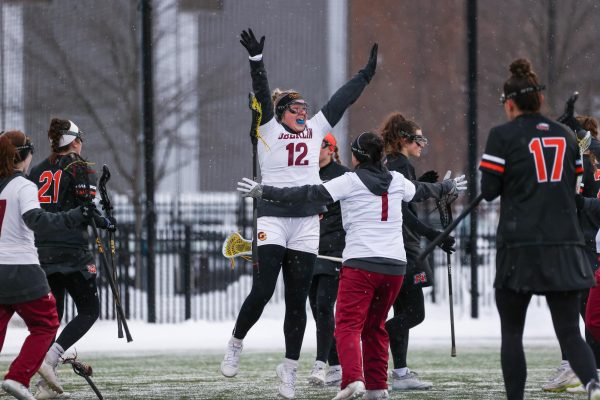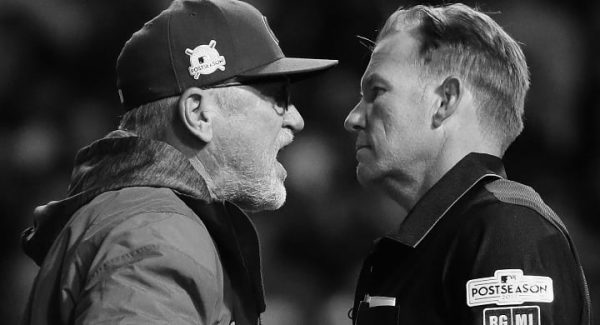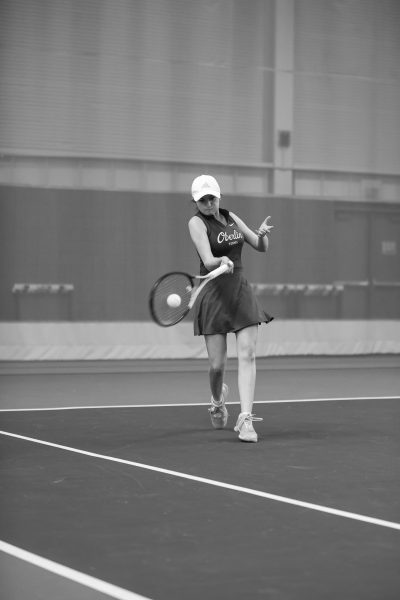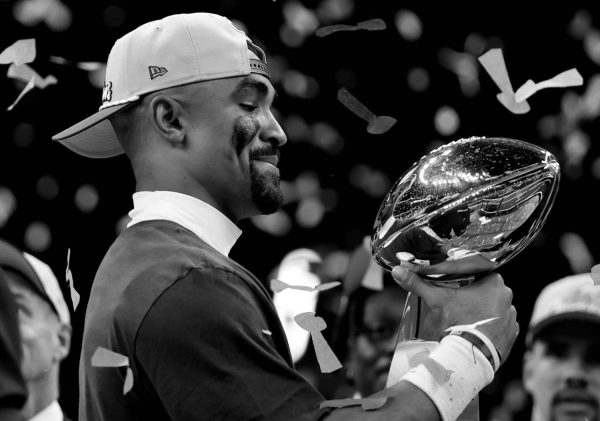Male Student-Athletes Call for More Accountability from Fellow Athletes
Oberlin has multiple programs for students and student-athletes alike to learn about the importance of informed consent. It is crucial that men are part of these conversations. Sports teams are a community where male student-athletes can hold each other accountable to create a safe environment for all students on campus.
Team culture often impacts the extent to which consent is discussed outside of mandatory training. College third-year and soccer player Alex Caceres explained that for the men’s soccer team, consent is an ongoing conversation — particularly with incoming first-years.
“We speak to every incoming freshman about the importance of consent,” Caceres wrote in an email to the Review. “It is an ongoing conversation that we, as a team, separate from my coaches, have had since my freshman year.”
College third-year and men’s lacrosse player Colin Regan believes that athletics as a whole needs to hold conversations about consent more often.
“Some of us do have conversations about consent outside of the training, but not to the extent that I would personally like to,” Regan said. “It’s a larger issue within — not just our team — but within athletics on this campus in general. [Consent] could always be taught, and it could always be talked about more.”
In part, Regan believes that men need to become more secure in having continued conversations with their teammates about consent.
“Sometimes it’s a thing that not every guy is comfortable talking about,” Regan said. “Everyone goes to the required team meetings, completes the training, and is engaged in those discussions. But then after that, it’s kind of like ‘Oh it happened, we’ve done it. We know what consent is and what [it] isn’t.’ But consent is a topic that needs to be a continuing conversation, so I would like to see it expand more.”
On campus, the reputations of predominantly male sports teams vary, as some teams are perceived to perpetrate more harm than other teams. Caceres believes that some teams have acquired this reputation in part because of the size of Oberlin — essentially, the actions of one student-athlete impact the entire team.
“There are teams that typically fail to regard consent and build a [good] reputation,” he wrote. “Oberlin, being a small school, makes it easy for word to spread. As more and more athletes on a given team fail to respect consent, their team is associated with that lack of respect.”
Regan added that the culture of particular teams adds to this perception and can cast athletes in a bad light.
“I definitely feel like that presumption exists,” he said. “I’ve had people tell me that it [the presumption] existed and that my team is at the lower end of the [perceived culture] spectrum. I’m not entirely sure why the presumption exists, but I think that people come to Oberlin with preconceived notions about sports which aren’t necessarily true to everyone who plays a certain sport.”
Regan believes that the men’s lacrosse team wants to change the way that they are perceived.
“I don’t disagree with my friends who have had bad experiences with lacrosse players outside of Oberlin,” he said. “There’s a culture about this sport that needs to change, but I think that people on the team at Oberlin want to change that culture and maintain a good culture for our team.”
Looking at the male athletic community as a whole, College third-year on the track and field team, Zac Ntia, believes that male athletes need to be more receptive to feedback and also put in the work to ensure that they are cultivating a safe environment. The men’s track and field team works closely with the women’s track and field team to have conversations about toxic masculinity.
“[We need to be] more open to conversation and critique,” wrote Ntia in an email to the Review. “It’s never easy being told you’re failing or making someone uncomfortable, but it’s necessary to better ourselves. Actively listening when people come to men’s teams with suggestions of how to improve, as well as asking questions for better understanding. With that said, it’s not someone else’s job to teach us. We need to do a better job of actively working to improve the spaces we are in to make others feel more comfortable.”
Caceres believes that toxic masculinity needs to be further addressed, adding that he will continue to hold others accountable.
“I think the male athletic community needs to throw their egos away,” Caceres wrote. “We as male athletes, all play a part in the educational aspect surrounding consent and addressing toxic masculinity. We can all learn more and promote the importance of addressing these topics. There are certain disrespectful phrases I have heard over the course of my years at Oberlin and I try to do my part in calling male athletes out. If the behavior continues, I will continue to call them out. I don’t want toxic masculinity to be a part of the society in which I live in. I was surrounded by it growing up, and I am lucky that I came to Oberlin and learned about the importance of addressing it.”
Regan is currently looking at ways that the Student-Athlete Advisory Committee can become further involved in conversations surrounding consent. He wants to create a committee with representatives from every team to discuss what issues athletics is seeing as a whole and how they can address the issues moving forward. He also emphasized that there needs to be more bystander training to find strategies that work to engage with teammates and help them make better decisions.
At the end of the day, this is an issue that needs to be addressed by all teams in order to create a safer environment for all students.
“Consent needs to be addressed on campus, there’s no doubt about that,” Regan said. “Everyone has some connection to it, and it should be an issue that everyone cares about because it affects everyone. If it affects one of us, it affects all of us. This is the main lesson that everyone needs to learn and get out of consent training and conversations. It’s not just what somebody does on their Saturday night when they’re away from their teammates. It’s how their actions impact everyone else down the line.”








